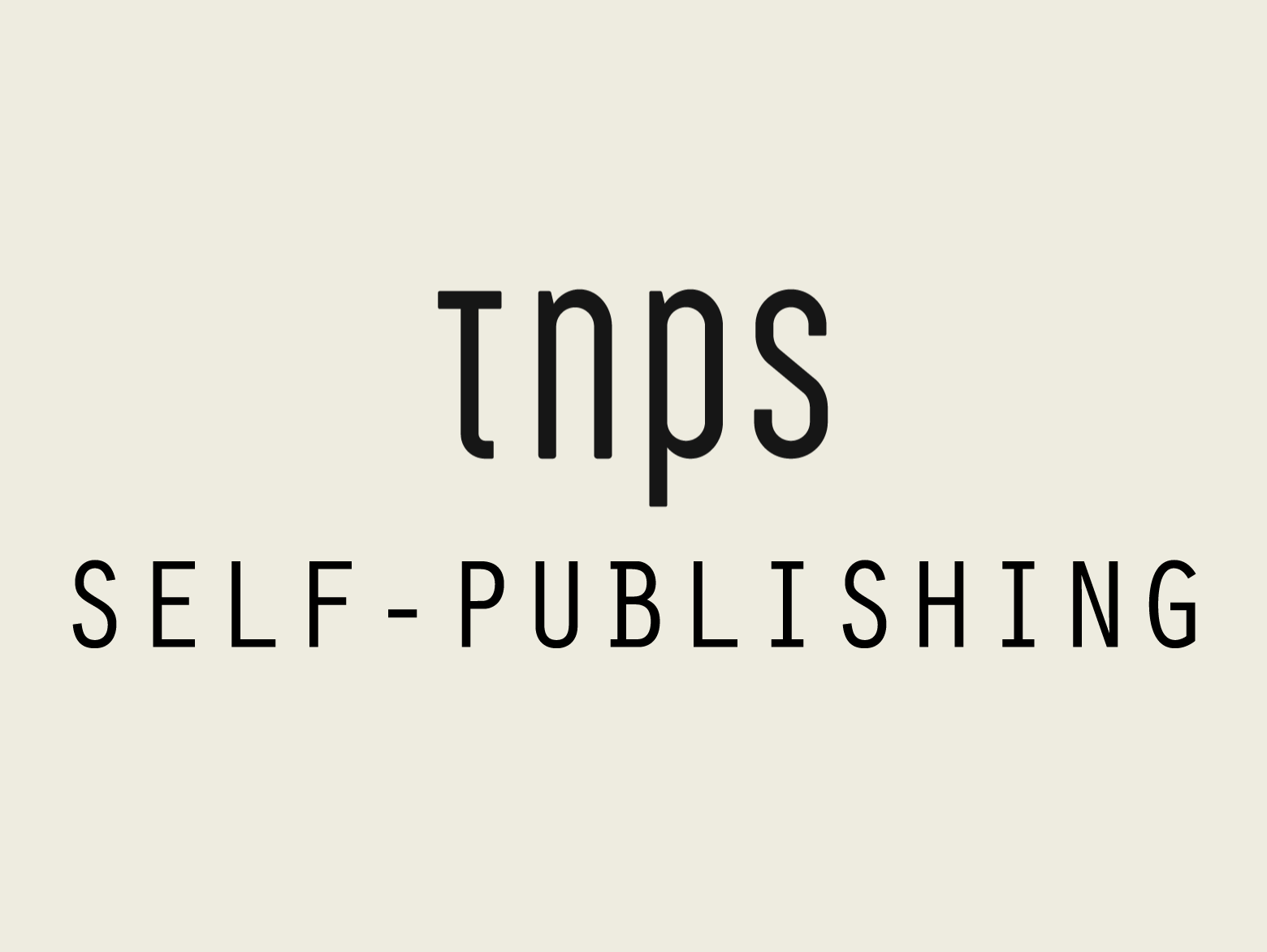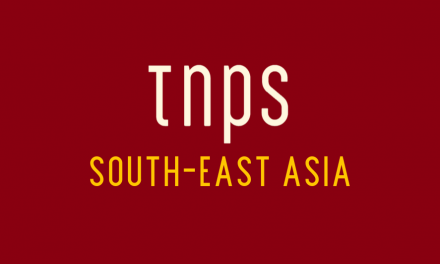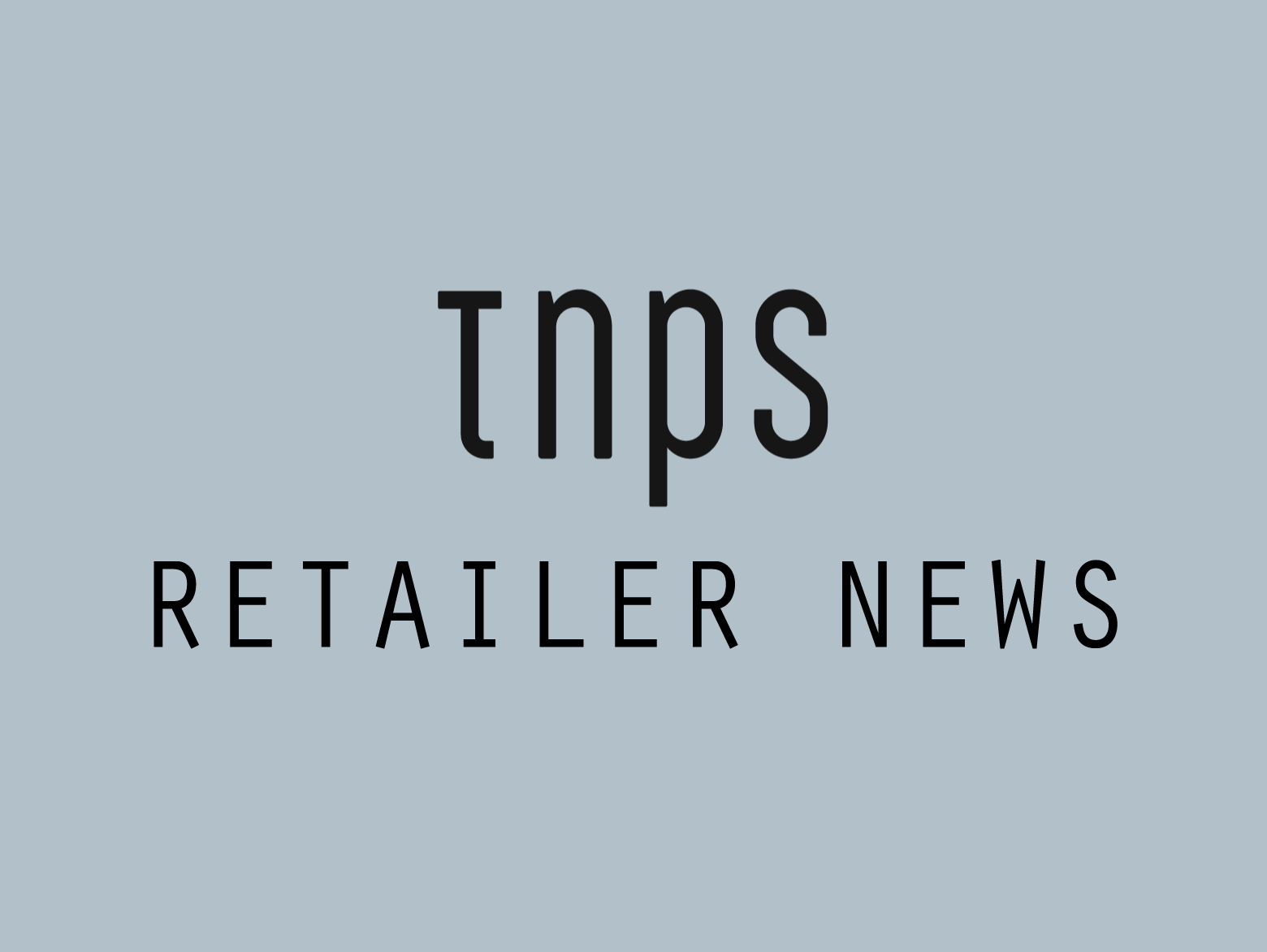Table of Contents
The Hot Sheet is a publishing industry news-sheet for authors, produced every two weeks by Porter Anderson and Jane Friedman, and reviewed here every other Sunday (when possible) as one of the best bi-weekly industry overviews available to authors.
We’re not interested in delivering breaking news, but perspective on stories that are likely to retain meaning for your long-term decision making. We provide distance and nuance on complex issues that affect all authors, whether traditionally published or self-published.

First on the Hot Sheet agenda this week was, unsurprisingly, the latest developments with Bookscan.
BookScan Gets an Upgrade
Explains the Hot Sheet,
The industry resource for researching book sales—which hasn’t been changed or improved since 2001—is getting a long-overdue upgrade from its new owners, NPD.
Launched in 2001 by Nielsen, the project initially met resistance from publishers who were not overly enthused by the idea their sales numbers would be made public.
Prior to its launch, only a book’s publishers knew how well a book had sold. In an industry that rather likes such privacy (or secrecy, depending on your view), the introduction of BookScan was greeted with some anxiety—especially among literary agents. A 2004 Publishers Weekly article reported on how the system could be misused as a “blunt instrument in negotiations,” while publishers said it would underreport the success of some titles. Both concerns remain, although all major publishers and many agents use the service.
Last year NPD Group acquired Nielsen’s BookScan and PubTrack, giving NPD the sales numbers for both print and ebook sales in the US, and meaning NPD had the data on an estimated 80-85% of print sales and 80% of ebook sales. But as Anderson and Friedman stress, these are the numbers for traditionally published books and won’t include, for example, countless self-published ebooks as the ebook data comes not from retailers but from 450 mainstream publishers.
Drawing on a post by Sara Grace in Publishers Lunch, Anderson and Friedman report that NPD Book President Jonathan Stolper feels BookScan data had been “vastly underutilized” and that the new system will provide superior data that is more easily accessible.
From the Hot Sheet:
Other changes ahead for BookScan:
- NPD hopes to close the 15 percent gap that now exists in its coverage of the print book sales market. In the future, BookScan will include sales data from museum shops, dollar stores, comic book stores, and more.
- NPD is rolling out license reporting to give users insights into performance based on license, licensor, category, publisher, and imprint. (For example, one could learn how well National Geographic books did last year.)
- Finally, the transition may result in some “variances” in book sales data—an increase in reported sales, thankfully—because NPD tracks retail sales across many industries and will be able to include that data in BookScan reporting.
The Hot Sheet’s bottom line: There remains concerns about how the data may be interpreted and used, but,
the freedom and ability to conduct deep data dives may lead to more strategic use … in both acquisitions (e.g., the categories publishers should push into) as well as marketing (e.g., pricing, format, positioning).
For indies and small presses the Bookscan debate is a peripheral one, as paid access to the data runs to serious money.
But it’s “everyone’s a winner” with the Hot Sheet’s next item. Well, almost everyone.
EU Finally Recognizes Ebooks as Books for VAT Purposes
A European Commission proposal from 2016, approved by the EU Parliament in 2017, has at last been greenlighted: EU member nations may tax ebooks and print books at the same rates
Originally, the European Commission classified ebooks and other digitally produced publications as electronic services, not unlike software. While print books were permitted to be rightly taxed at low rates (or not at all) as culturally and educationally important work, ebook editions could be taxed at no less than 15 percent. Some markets—notably France and Italy—became so perturbed at this that they rebelled for a time and dropped their VAT on ebooks.
In the UK ebooks are currently taxed at 20%, What the British government will do is anyone’s guess right now. With Brexit looming there has been no intimation that the UK government, once “freed” from its EU obligations, would reduce the VAT rate on ebooks, and therefore no reason to think they might do so at any time.
Sweden may also find the benefits delayed. But that’s just a matter of timing.For Sweden there’s a more important issue arising.
In theory the equalizing of VAT rates for print and digital could be a game changer in Sweden, where already the subscription model promoted by Storytel, BookBeat and Nextory has changed the Scandinavian publishing landscape, despite print books being rated at 6% and digital at 25%. What might a substantial decrease in price at the consumer end do for the Scandinavian subscription model?
Next the Hot Sheet reports on a re-branding of a service whereby authors paid to give away books for free. No, bear with me, it does make sense.
Instafreebie Rebrands as Prolific Works
Launched in February 2014, Instafreebie has been one of two key services (the other being BookFunnel) that authors use to facilitate direct-to-reader ebook giveaways. Such giveaways can build authors’ email marketing lists, support pre-publication marketing (ARC distribution), or reward devoted fans with exclusive promotions. Regardless of use, the service’s main functionality has been secure and frictionless distribution of ebook files outside of the retailer ecosystem.
Skipping a lot of what Anderson and Friedman say here, as this is behind a paywall and they won’t thank me for giving away all the details,
The new branding and vision of Prolific Works places an emphasis on the author … Essentially, the service wants to offer authors an alternative business model.
Specifically, Prolific Works plans to help authors fully fund their works prior to publication by establishing a partnership with Kickstarter.
Much more to this story in the Hot Sheet.
Next a story I’d been meaning to cover here at TNPS in a dedicated post:
New Ebook Barometer Offers Tips on Pricing in Four Countries
Pricing has been a particularly tough nut to crack for authors selling in international markets. In an Irish Times article last month, Richard Bradburn suggested that writers “selling at ‘remaindered bin’ prices are doing themselves, and self-publishing authors generally, a huge disservice.” But while many of us may agree in principle, higher price points can be a challenge for indies in a crowded field, especially outside their home market.
The report compares pricing in four countries – Germany, Italy, the Netherlands, and Spain.
It’s fascinating reading, but I’m not going to detail the Hot Sheet’s excerpts here as without the full information Anderson and Friedman culled, which would be pushing acceptability for a summary like this, the numbers won’t make much sense. Check out the Hot Sheet OP for details of the Anderson-Friedman take.
I will just quote the following on genres:
…Authors of the report say they’re struggling to get a dependable fix on genre trends. In the broadest sense, however, they can see romance doing best in Germany, thrillers and literary fiction doing best in the Netherlands, and Spain reading more literary than other categories. Fantasy and sci-fi seem to be strongest in Germany.
Next,
A Hot Sheet Exclusive: ALLi Rolls Out Self-Publishing 3.0
Probably no organization has so energetically engaged in the evolution of the self-publishing movement as the Alliance of Independent Authors (ALLi). Based in London and with about half its membership in the States, the organization is the leading support and informational body for indie authors.
The organization’s announcement of Self-Publishing 3.0—which its new report terms both “a concept and a campaign”—is a logical sequel to its descriptions of Self-Publishing 1.0 as desktop publishing and 2.0 as “selling ebooks for e-readers and phones via online bookstores.”
The Hot Sheet has been given an advance look at the 3.0 materials, including a 132-page white paper. As ALLi founding director Orna Ross tells us, the arrival of 3.0 reflects a readiness for independent authors to create and operate sustainable businesses, “but only if we understand how to harvest the creative assets embedded in our IP,” or intellectual property.
… With the 3.0 contextualization, the idea becomes, as Ross phrases it, “about growing our independence by building sustainable author businesses on our own sites.”
Again I’m going to have to skip a lot of this in the interests of fair play, and will just quote ALLi’s Orna Ross as saying,
This is not about taking on—or taking down—the big boys” of publishing. “Most authors don’t want to be big. We just want our own corner of the Internet where we can make a living doing what we do. Her relatively recent writings about blockchain (see parts one, two, and three) develop this idea of an indie author who functions both in business and in creativity more as a solo contractor than as a vendor to market outlets.
The Hot Sheet’s bottom line:
Ross says, “Don’t spend any more time on anyone else’s website (including Jeff Bezos’s or Mark Zuckerberg’s) than you do on your own.” Technology, ALLi is saying, can make indies even more self-sufficient than it already has. However, as nearly everyone—working author or not—is aware these days, technology can be a double-edged sword. We’re reminded of the William Gibson quote, “The future is already here—it’s just not very evenly distributed.”
Lots more in this issue of the Hot Sheet, which remains one of the best subscription sheets available for indie authors, hybrid authors and smaller publishers.
NB: The New Publishing Standard does not carry affiliate links and we receive no compensation from any mention of any service, paid or otherwise.





